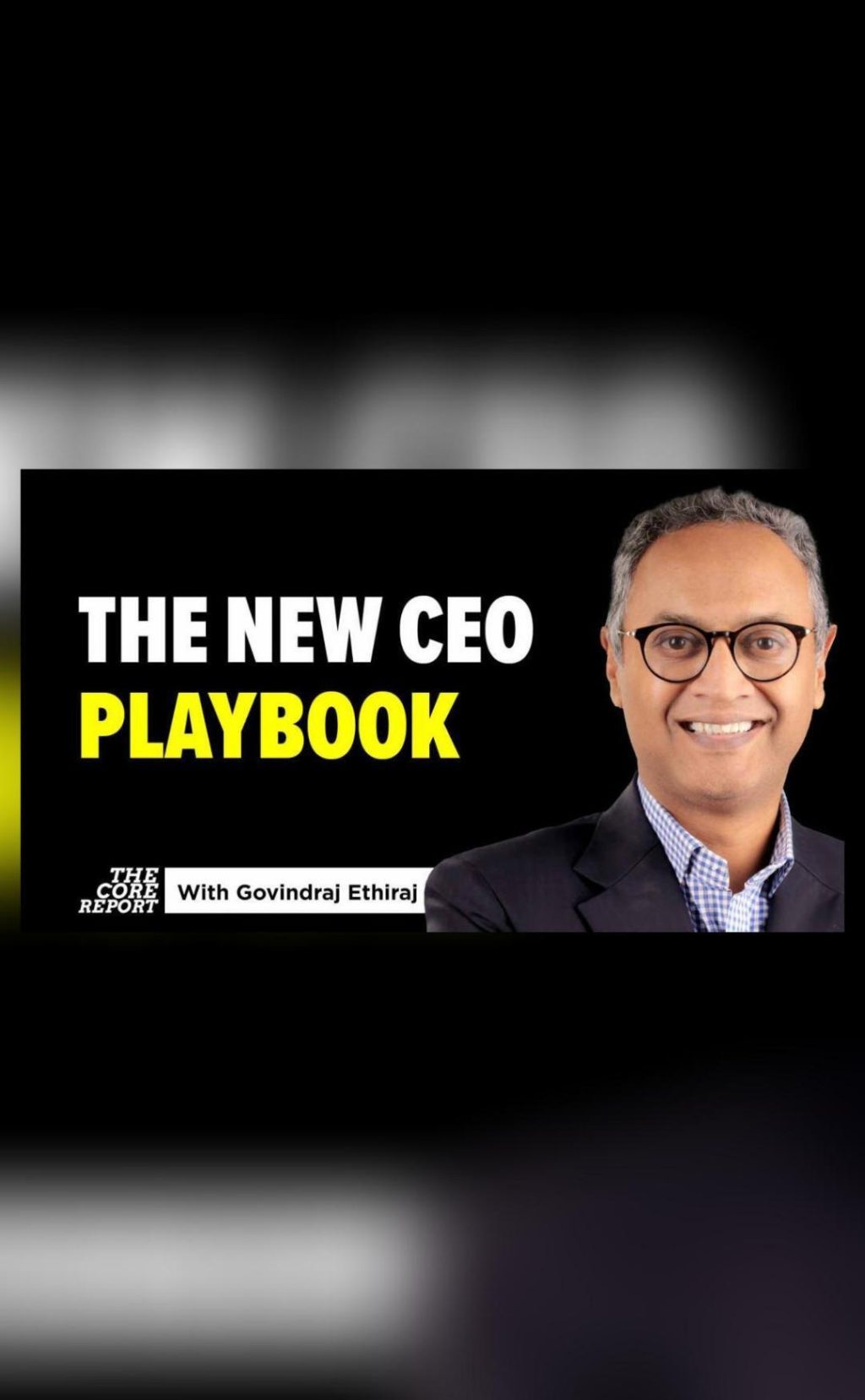
The New CEO Playbook: AI Pressures & Global Tariff Shocks
The role of a CEO has never been more demanding. As artificial intelligence (AI) transforms industries and trade policies shift in response to global tariff shocks, business leaders are facing unprecedented challenges. The pressure to automate and innovate from within, combined with the external forces of shifting trade policies, requires CEOs to rethink their strategy and operations. In this rapidly changing landscape, companies are being pushed to localize, adapt, and reconsider long-held business models.
AI Pressures: The Internal Challenge
AI is revolutionizing industries, from customer service to manufacturing, and CEOs must adapt to stay ahead of the curve. Internal pressures to automate processes, improve efficiency, and innovate products and services are mounting. According to a recent study, 80% of CEOs believe that AI will have a significant impact on their organization within the next two years. However, only 15% of CEOs have a clear strategy for implementing AI. This disconnect highlights the need for CEOs to prioritize AI adoption and integration.
The benefits of AI are clear: increased efficiency, improved decision-making, and enhanced customer experiences. However, the journey to AI adoption is not without its challenges. CEOs must navigate complex technological hurdles, invest in workforce training, and ensure data security. Moreover, AI’s impact on jobs and employee roles requires careful consideration and strategic planning.
Global Tariff Shocks: The External Challenge
In recent years, global trade policies have become increasingly unpredictable. The implementation of tariffs, trade agreements, and other trade-related policies has created uncertainty and volatility in global markets. CEOs must navigate this complex landscape to maintain their competitive edge.
Tariff shocks have far-reaching consequences, from increased production costs to reduced revenue. Companies must adapt quickly to changing trade policies, identifying new markets, and adjusting supply chains to mitigate the impact of tariffs. According to a recent report, 75% of CEOs believe that tariffs will have a significant impact on their organization’s profitability.
The New CEO Playbook
In response to these unprecedented challenges, CEOs must adopt a new playbook. Key strategies include:
- Localization: Companies must prioritize localization, adapting to regional market conditions and regulatory requirements. This may involve investing in local production facilities, partnering with local suppliers, and developing region-specific products.
- Adaptation: CEOs must be agile and responsive to changing trade policies and market conditions. This requires continuous monitoring of global trade trends, identifying opportunities for growth, and adjusting business strategies accordingly.
- Innovation: The pressure to innovate is more important than ever. CEOs must invest in research and development, driving innovation in products, services, and business models.
- Workforce Development: As AI transforms industries, CEOs must prioritize workforce development, investing in employee training and upskilling programs to ensure that workers can adapt to new technologies.
- Risk Management: CEOs must develop robust risk management strategies to mitigate the impact of tariff shocks and AI-related disruptions.
Conclusion
The new CEO playbook is centered around AI pressures and global tariff shocks. CEOs must navigate this complex landscape by prioritizing localization, adaptation, innovation, workforce development, and risk management. With no guarantee of stability, companies that adapt and innovate will thrive in this new era of global competition. Watch the latest video from News Source URL to learn more about the challenges and opportunities facing CEOs in today’s rapidly changing business environment.
News Source:
https://youtu.be/0osLVVtj7tY






